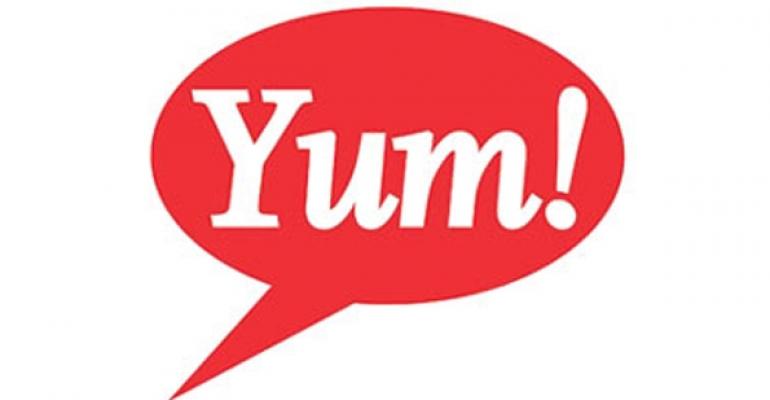Reports of Yum! Brands Inc.’s Chinese division being implicated in the investigation of a supplier of mislabeled, tainted mutton are “false, misleading and wrong,” the company’s senior vice president and chief public-affairs officer, Jonathan Blum, said in an interview with Nation’s Restaurant News.
“Somehow, a rumor became the story, and there’s no truth to it,” Blum said.
The story in question originated with a wire service report published by Reuters early Monday morning referencing a raid by Shanghai police and food safety inspectors of a wholesale market selling packages labeled “New Zealand mutton.” The packages had no manufacture dates or lists of ingredients, according to a report on the website of the food safety authority.
RELATED
• Yum 1Q profit drops 27%
• Yum: China sales setbacks to intensify in 2013
• More QSR news at NRN.com
According to that report, cited in the Reuters story, invoices at the market indicated that some of the meat had been sold to restaurants in China, including outlets of Little Sheep, a casual-dining chain that Louisville, Ky.-based Yum acquired in 2011. Blum refuted the entire report.
“Little Sheep requires the purchase of high-quality mutton from only two suppliers,” he said. “We regularly audit those suppliers and require franchisees only to purchase from those approved suppliers. There is no record anywhere in our system of anybody purchasing from this supplier in question, nor is there any evidence in our system of any adulterated product.”
About 13 hours after the first report, Reuters published a follow-up report in which Blum refuted all implications for Little Sheep in the mislabeled-mutton inquiry. However, in morning trading, Yum’s stock price fell more than 1 percent to an opening price of $68 per share, after closing at $68.91 on Friday.
“Out of an abundance of caution,” Yum will verify with its operators, franchisees and suppliers in its Chinese system of more than 5,300 restaurants that nobody made a purchasing mistake, Blum told NRN.
The company is already waging a public-relations campaign in China, called “Operation Thunder,” which it launched in late February to assure Chinese consumers that its chicken is safe to eat. Since last December, sales in the company's once fastest-growing division have fallen precipitously, when Chinese officials’ investigation into the country’s supply of poultry entangled two suppliers of KFC.
The chain purged more than 1,000 poultry producers from its supply chain and rolled out the marketing campaign to emphasize the renewed food safety standards and new investments made for its chicken supply. However, even as attention for the poultry supply controversy died down, renewed fears over avian influenza in China required more educating of consumers that fully cooked chicken is safe to eat.
Same-store sales in China fell 20 percent for Yum in the first quarter, and officials said the company “needs the gift of time” in China to recover back to same-store sales growth, hopefully by the end of 2013.
Blum said Yum would not roll a response to the inaccurate mutton rumor into Operation Thunder.
Including the more than 5,000 locations in China, about 450 of which are Little Sheep units, Yum operates or franchises more than 39,000 locations of KFC, Pizza Hut and Taco Bell in 130 countries.
Contact Mark Brandau at [email protected]
Follow him on Twitter: @Mark_from_NRN





